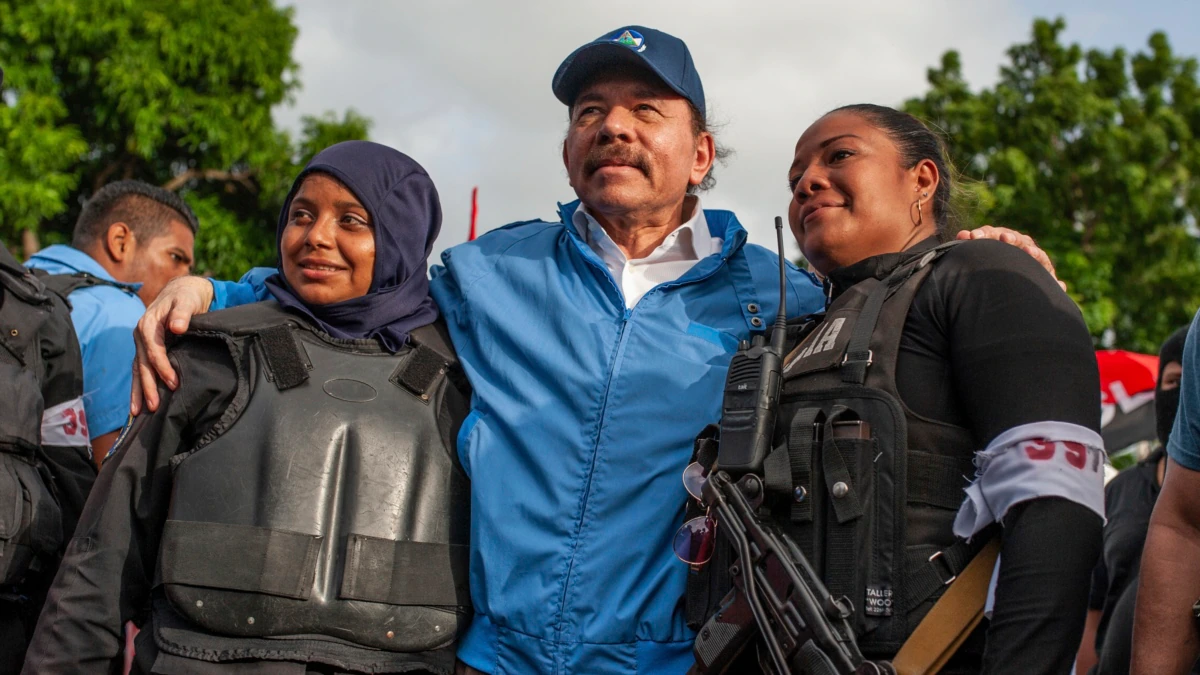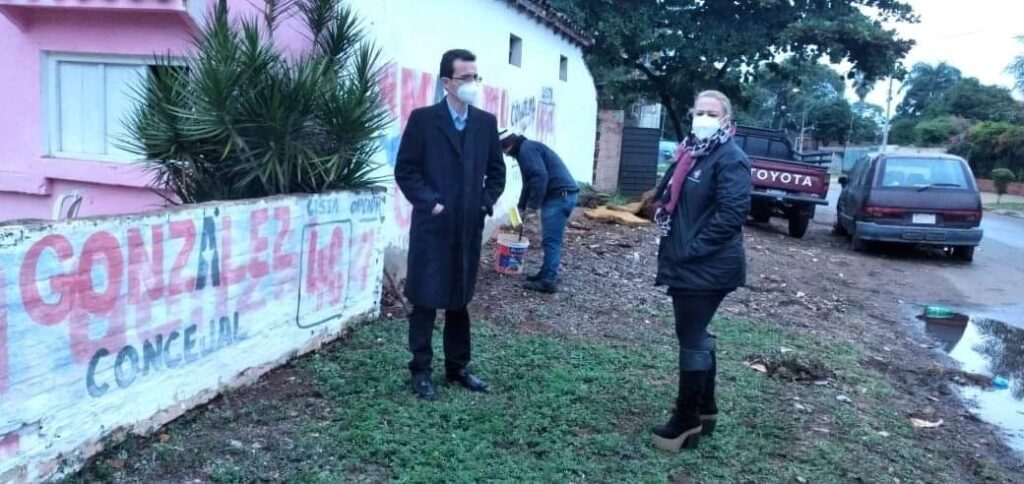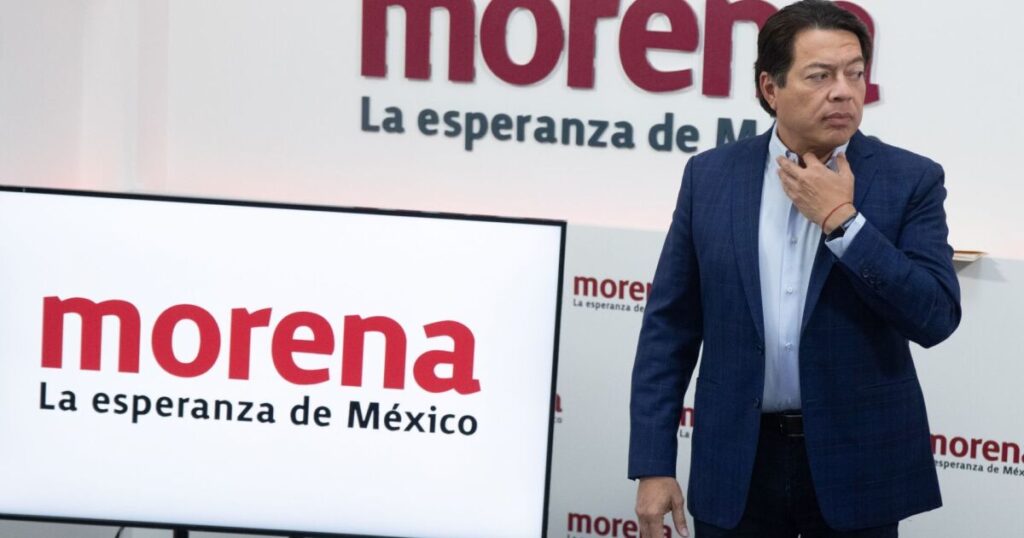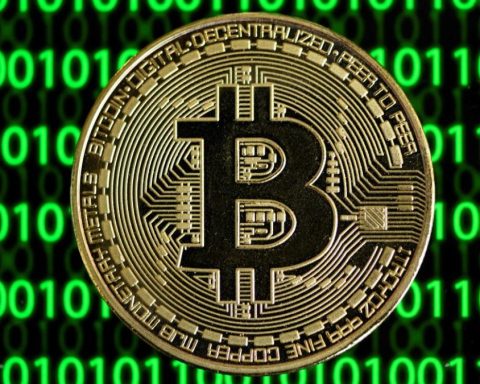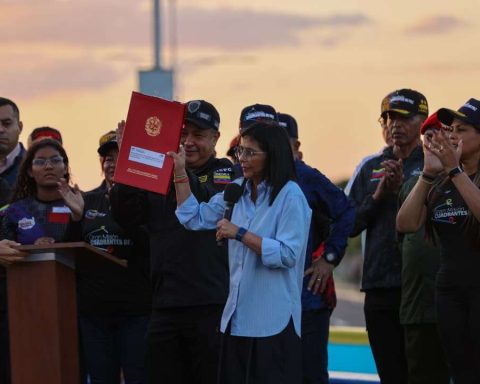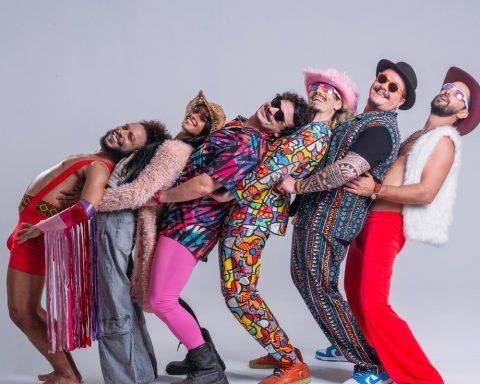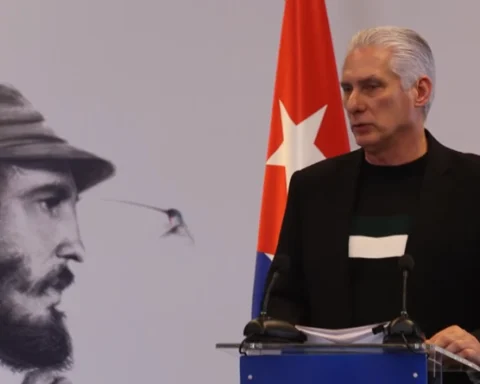The recent actions of the administration of President Daniel Ortega against the Catholic Church, which has suffered one of the fiercest attacks in the last 30 years, should have consequences of similar magnitude, they assured the voice of america the experts consulted in this regard.
In less than a month, Ortega has intensified the persecution against the Church by canceling at least 11 local radio stations and four cable TV channels where the priests transmitted their homilies; but he has also imposed “de facto”, house by jail, the priests who are critical of his management.
On Thursday Monsignor Rolando Álvarez was prevented from officiating a mass in the Cathedral of Matagalpa, in the north of the country.
“What need is there to deploy all those police forces? If it was so easy to leave my house, to leave the door of my normal curia, like any house so that they would enter to pray, so that we would enter to adore the Lord. They surround the curia as if it were a barracks,” the prelate said Thursday afternoon.
Given this scenario, the former president of Costa Rica Luis Guillermo Solís (2014-2018) told the voice of america that the international community must increase the pressure against Ortega in such a way that the Central American countries themselves, neighbors of the Sandinista president, understand that their own attitudes during these days are counterproductive.
“You know you are about to be re-elected president of the Central American Bank for Economic Integration and he is already accommodating himself to the dictatorship, making concessions to it, and to aggravate the situation, the presidents of SICA are about to accept the dictatorship’s candidate for the general secretariat of SICA. These are actions that go against democracy because they make it easier for the dictator to continue deploying his repression without any limits.”
For this reason, Solís considers that I think there should be international solidarity with the victims of Ortega’s attacks, and especially with the European Union and some countries that are still cooperating with Nicaragua, such as the Nordic countries and the United States itself.
“They must continue to strengthen their pressure measures so that the dictatorship, even when it ignores these measures, has to somehow pay the price of its audacity and brutality,” Solís said.
The former adviser to the Organization of American States, Guillermo Belt, agreed separately along the same lines, adding that first of all, the Catholic Church, both in Nicaragua and at its head in the Vatican, like the episcopal conferences in many countries, should be manifesting in rejection in what he considers “a frontal attack against the Catholic Church”.
“Really dramatic images have been seen of a bishop from Matagalpa, Monsignor Rolando Álvarez, on his knees in the street raising the monstrance, praying, praying in the street and around him, armed police officers, some with semi-automatic rifles and others with other types of rifles. of weapons, guarding a priest, in this case a bishop, who is alone, obviously unarmed,” Belt said.
In his opinion, the Vatican should be the first to react and then the episcopal conferences in other countries, beginning with the United States, followed by those in Europe and other Latin American countries.
“They should be protesting right now, spreading those images so that the millions of Catholics around the world can see the repression that is taking place, the crudeness of that repression.”
Belt also agrees that the international community must take actions “that can be taken legitimately in accordance with international law” and that in his opinion are not being taken, “and that goes far beyond simple declarations and condemnations.”
“I believe that it is time for the international community to act and one of the measures that are within the reach of the international community are measures of an economic nature, which are generally called sanctions, to somehow see if the dictatorship in Nicaragua reacts to these abuses that it is committing and stop committing them to allow, at the very least, religious freedom, freedom of worship,” the expert pointed out.
The former Costa Rican president was also in favor of economic measures such as “economic sanctions.”
“Obviously, this has its limitations. We have seen it like this in Venezuela and in other places, but it seems to me that these are the type of measures with which the regime may respond a little more, which, like all the other countries in the region, is going through a very difficult time at the moment. complicated due to the conditions of the international economic system and the local situation itself, which continues to be serious for the majority of the population in Nicaragua.”
According to Solís, “the Ortega regime is a regime” that, along with the dictator Anastasio Somoza, “fell short” and indicated that it rather resembles the old Stalinist leader of Albania, Enver Hoxha, who even went beyond Soviet communism. at the time, closing the country to any possibility of exchanges with the world, not only Western, but with the socialist countries themselves.
“There comes a time when the madness, the ambition for power of a megalomaniac, of a dictator, can express itself in that way, being against everyone and generating impossible conditions. I think Ortega is reaching that point,” Solís concluded.
Sanctions have not been fully applied
The United States and the European Union have imposed a block of sanctions against President Ortega, who has classified them as “interfering”; while the actions against priests and opponents are considered “reactions” for, according to him, trying to stage a coup in 2018.
However, despite this, the United States has approved laws that seek to surround the Sandinista president who has been in power for more than 15 consecutive years in order to give in to what human rights organizations classify as “authoritarian drift.”
But the economic sanctions have been a controversial point because it is considered that they would affect the citizenry,” but given the increasingly bleak panorama, analysts believe that there should be a turn in this regard.
“I do believe that there should be much stronger measures and specifically there should be on the part of the United States government, which has not one, but two laws approved by an overwhelming majority, by both parties, in both chambers, in the House of Representatives and in the Senate. It is about applying what is established by legislative means and is not being applied,” said former OAS adviser Guillermo Belt.
Connect with the Voice of America! Subscribe to our channel Youtube and turn on notifications, or follow us on social media: Facebook, Twitter and Instagram
